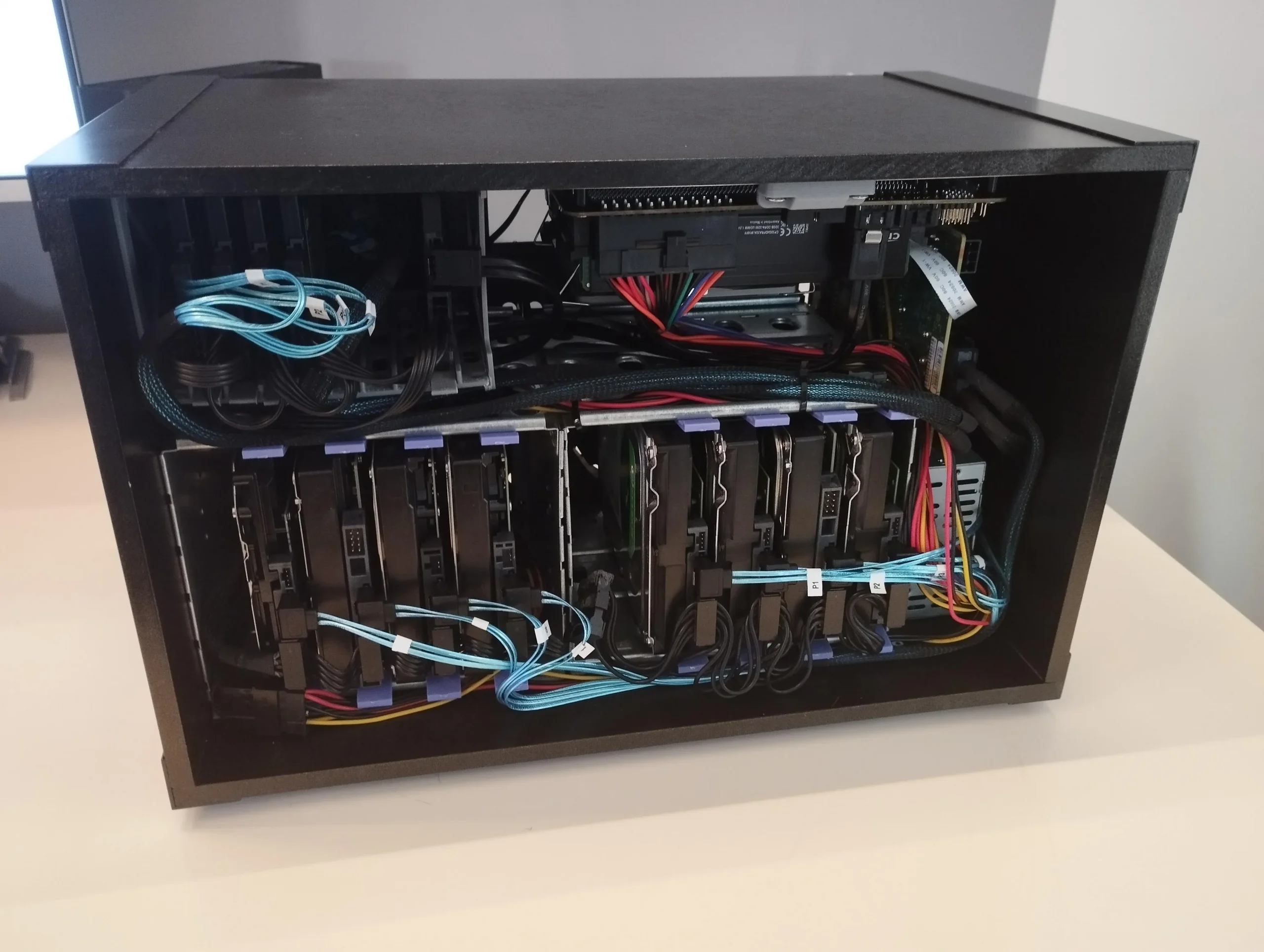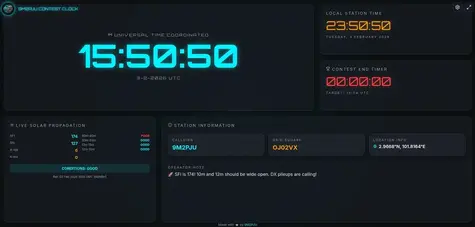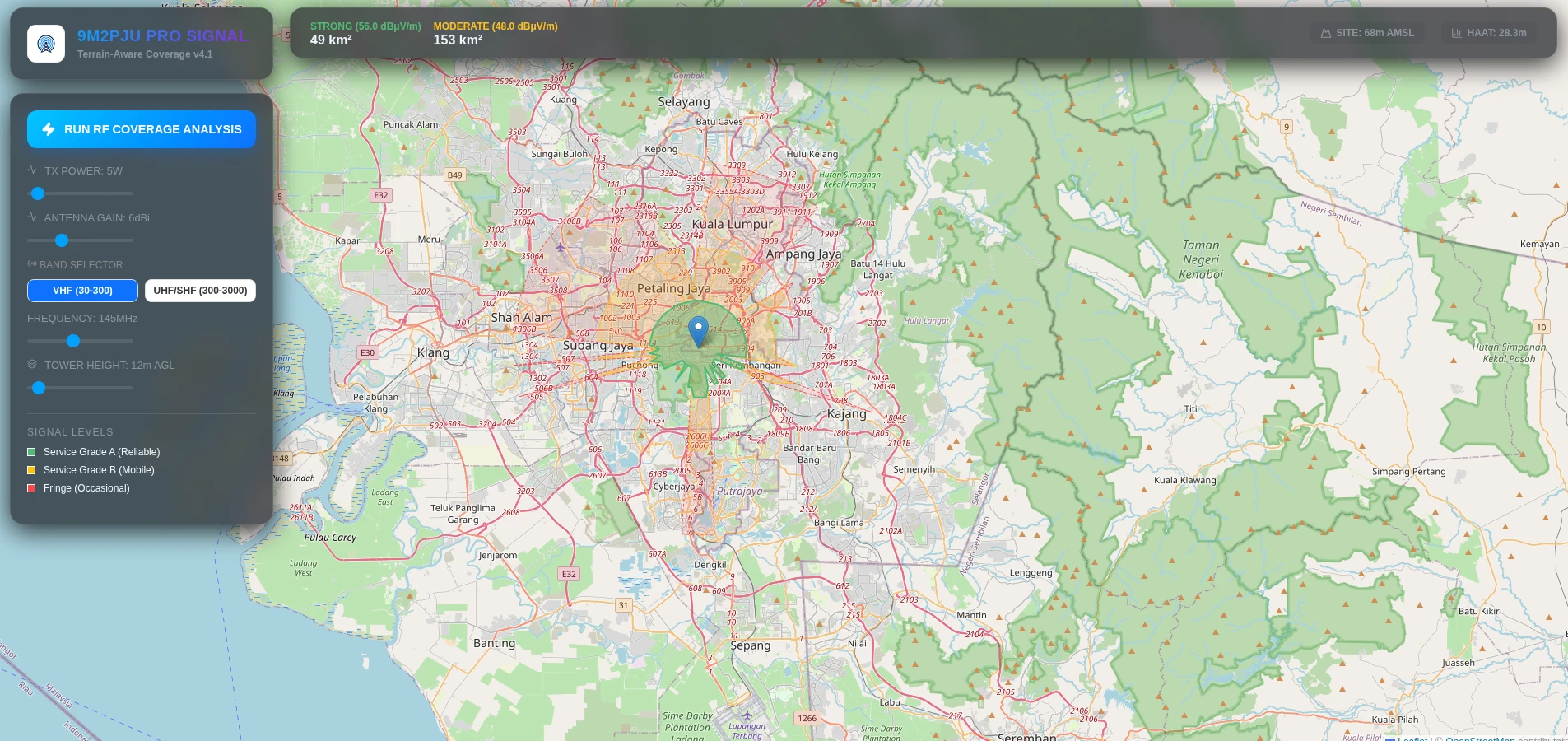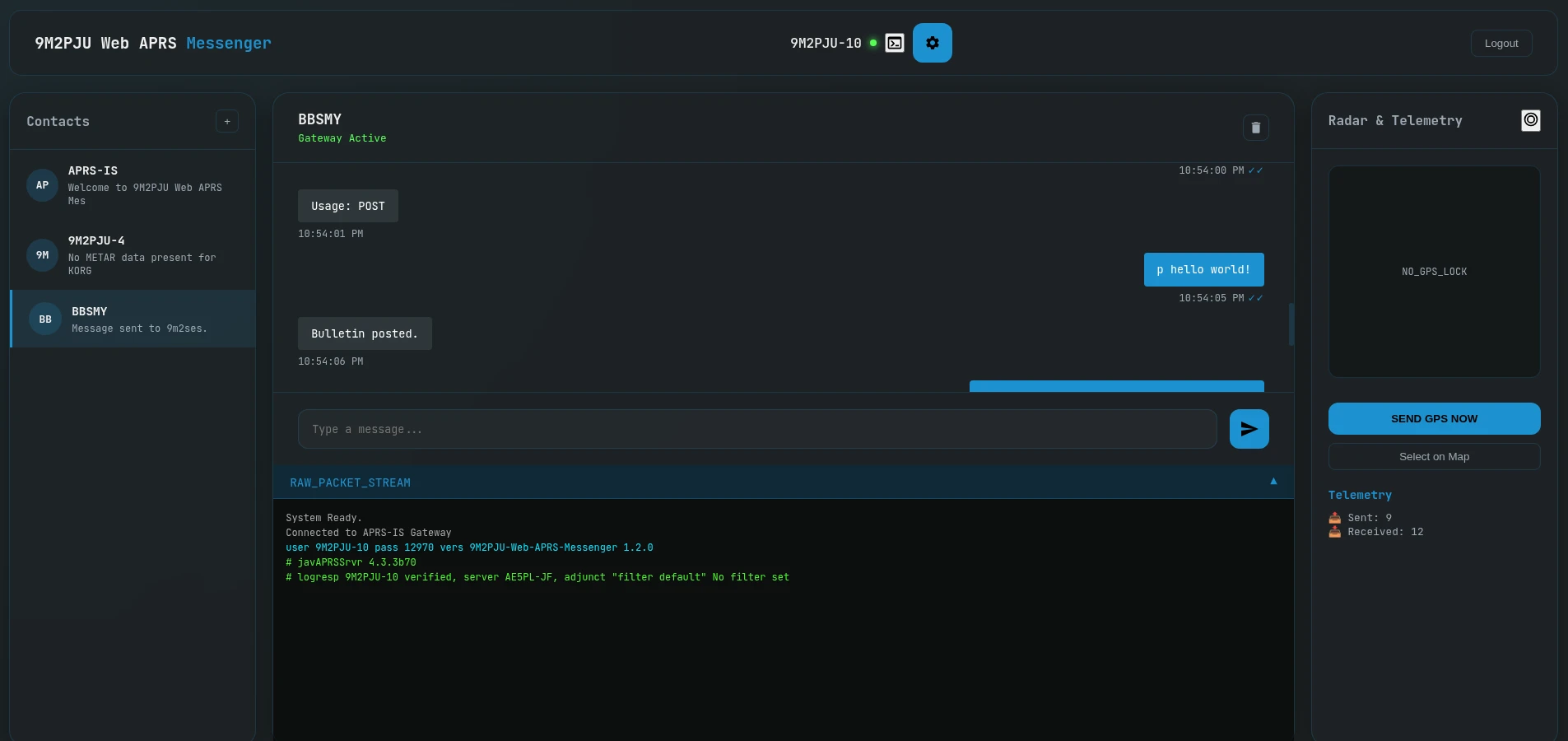amateur radio
backup
cloud
DIY
do it yourself
free open source software
free operating system
ham radio
Network Attached Storage
btrfs, datastorage, diyserver, Docker, easynas, fileserver, freebsd, homelab, homenas, linux, linuxserver, NAS, OpenMediaVault, opensourcenas, RaspberryPi, Rockstor, selfhosted, selfhosting, serverbuild, smb, storage, TechBlog, TrueNAS, XigmaNAS, zfs
9M2PJU
0 Comments
The Best Open Source NAS Operating Systems
When it comes to setting up your own network-attached storage (NAS), open-source software offers an incredible range of options—powerful, flexible, and most importantly, free. Whether you’re building a home media server, backup system, or an advanced data management solution, there’s an open-source NAS out there for you.
In this post, we’ll explore the top 5 open-source NAS operating systems you can deploy today. Each one is suited to different needs—ranging from powerful enterprise-level setups to simple plug-and-play solutions for beginners.
🏆 1. TrueNAS CORE (formerly FreeNAS) – The ZFS King
Base OS: FreeBSD
Filesystem: ZFS
Best for: Power users, enterprises, and anyone who values data integrity
🌟 Why TrueNAS CORE?
TrueNAS CORE is the gold standard in open-source NAS software. Built on FreeBSD and leveraging the incredibly robust ZFS file system, it offers data protection features like checksumming, copy-on-write, and built-in snapshots.
It comes with a polished web UI, plugin support (e.g., Nextcloud, Plex, Transmission), replication tools, encryption, and advanced networking. It even supports virtual machines and Docker via its Linux counterpart, TrueNAS SCALE.
✅ Recommended if you have 8GB+ RAM, preferably ECC, and want bulletproof storage with enterprise-level features.
🔗 https://www.truenas.com/truenas-core/
🟢 2. OpenMediaVault (OMV) – Best for Simplicity and Home Use
Base OS: Debian Linux
Filesystem: ext4, XFS, Btrfs, ZFS (via plugin)
Best for: Home servers, Raspberry Pi NAS builds, beginners
🌟 Why OpenMediaVault?
If you’re looking for something lightweight and easy to manage, OMV is your go-to. It’s perfect for home users or beginners wanting to set up a file server, media server, or even a Time Machine backup destination.
With Docker and Portainer integration, you can run containers effortlessly. It also has a large ecosystem of plugins and excellent community support.
✅ Ideal for Raspberry Pi, mini PCs, or old laptops converted into a NAS.
🔗 https://www.openmediavault.org/
🟡 3. Rockstor – Linux-Based NAS with Btrfs Power
Base OS: openSUSE (newer versions)
Filesystem: Btrfs
Best for: Developers, Docker fans, modern Linux users
🌟 Why Rockstor?
Rockstor is a lesser-known but powerful NAS option that revolves around Btrfs, a modern copy-on-write file system with snapshot and compression capabilities. It features a clean web UI, Docker support, and great storage management features.
If you’re into Linux and want an alternative to ZFS, Rockstor’s Btrfs-first approach is worth trying.
✅ Perfect for DIYers and devs looking to experiment with containers and Btrfs.
🟣 4. XigmaNAS (formerly NAS4Free) – Lightweight BSD NAS
Base OS: FreeBSD
Filesystem: ZFS, UFS
Best for: Legacy hardware, users who want a BSD NAS without bloat
🌟 Why XigmaNAS?
Think of XigmaNAS as the simpler cousin of TrueNAS. It’s BSD-based, supports ZFS, and runs well on older hardware. The UI is not as polished, but it gets the job done.
It supports all major sharing protocols (SMB, NFS, AFP, FTP, etc.) and can be configured for RAID, iSCSI, and rsync easily.
✅ Great for repurposing older PCs into reliable NAS boxes.
🔴 5. EasyNAS – Minimalist and Straightforward
Base OS: openSUSE
Filesystem: Btrfs
Best for: Total beginners, plug-and-play NAS setups
🌟 Why EasyNAS?
True to its name, EasyNAS is built for simplicity. It’s lightweight, quick to install, and has a minimal interface that lets you set up your file server in minutes. It lacks advanced features, but for basic use—like backing up files or sharing over the network—it’s more than capable.
✅ Best if you want a “set it and forget it” NAS with minimal learning curve.
📊 Comparison at a Glance
| Feature | TrueNAS CORE | OpenMediaVault | Rockstor | XigmaNAS | EasyNAS |
|---|---|---|---|---|---|
| OS Base | FreeBSD | Debian | openSUSE | FreeBSD | openSUSE |
| Main Filesystem | ZFS | ext4/XFS/ZFS | Btrfs | ZFS/UFS | Btrfs |
| Web Interface | Excellent | Simple | Modern | Basic | Minimal |
| Docker Support | Via SCALE | Native | Native | No | No |
| Minimum RAM | 8GB+ | 2GB+ | 4GB+ | 2GB+ | 2GB+ |
| Ideal For | Enterprise | Home NAS | Devs/Linux | Legacy HW | Beginners |
🎯 Final Thoughts: Which NAS Should You Choose?
- Choose TrueNAS CORE if you want maximum reliability with ZFS, advanced features, and don’t mind the extra learning curve.
- Choose OpenMediaVault for ease of use, Raspberry Pi support, and excellent Docker integration.
- Choose Rockstor if you prefer Linux and want to explore Btrfs with Docker.
- Choose XigmaNAS for a light BSD-based NAS on old or underpowered hardware.
- Choose EasyNAS if you want a quick and easy local file server without the fluff.
Have questions or need help choosing the right NAS for your setup? Feel free to reach out or drop a comment below. Whether you’re running this on a recycled PC or a Raspberry Pi, there’s never been a better time to go open-source with your storage.







Post Comment